Medieval Last Names offer a unique look into history, showing how people were identified in the Middle Ages. These names often reveal information about a person’s job, place of origin, or family lineage. From common names like “Smith” to more specific ones like “Lancaster,” each surname has a story that connects us to the past.
Exploring Medieval Last Names is a fun way to understand old traditions and how they shaped modern surnames. By learning about these names, we gain insight into historical professions, locations, and social classes. This can also help with genealogy research and finding out more about family history.
Top 10 Medieval Last Names
Medieval Last Names offer a fascinating glimpse into the past, revealing insights into the professions, locations, and social statuses of individuals from the Middle Ages. These surnames not only enrich our understanding of historical society but also connect modern genealogy with its ancient roots.
Rare Medieval Last Names
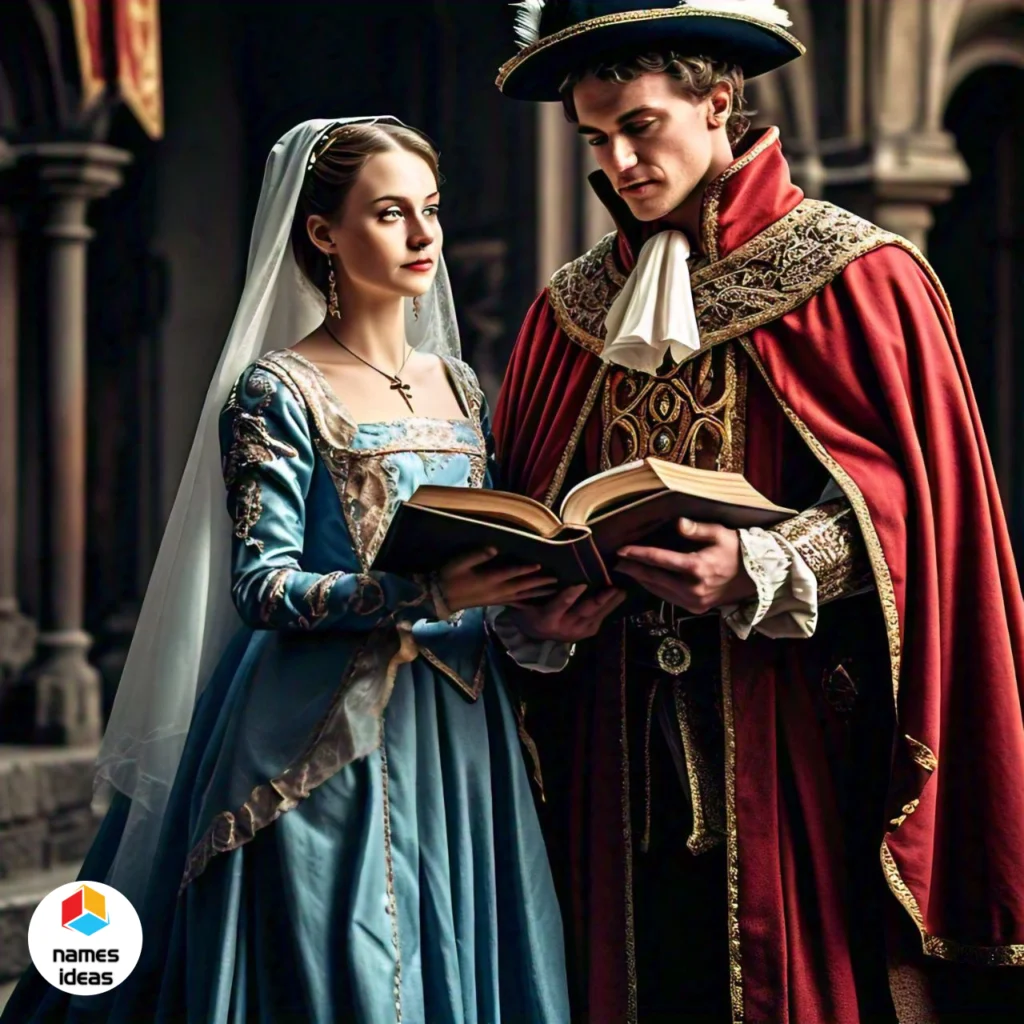
The Legacy of Medieval Last Names in Modern Genealogy
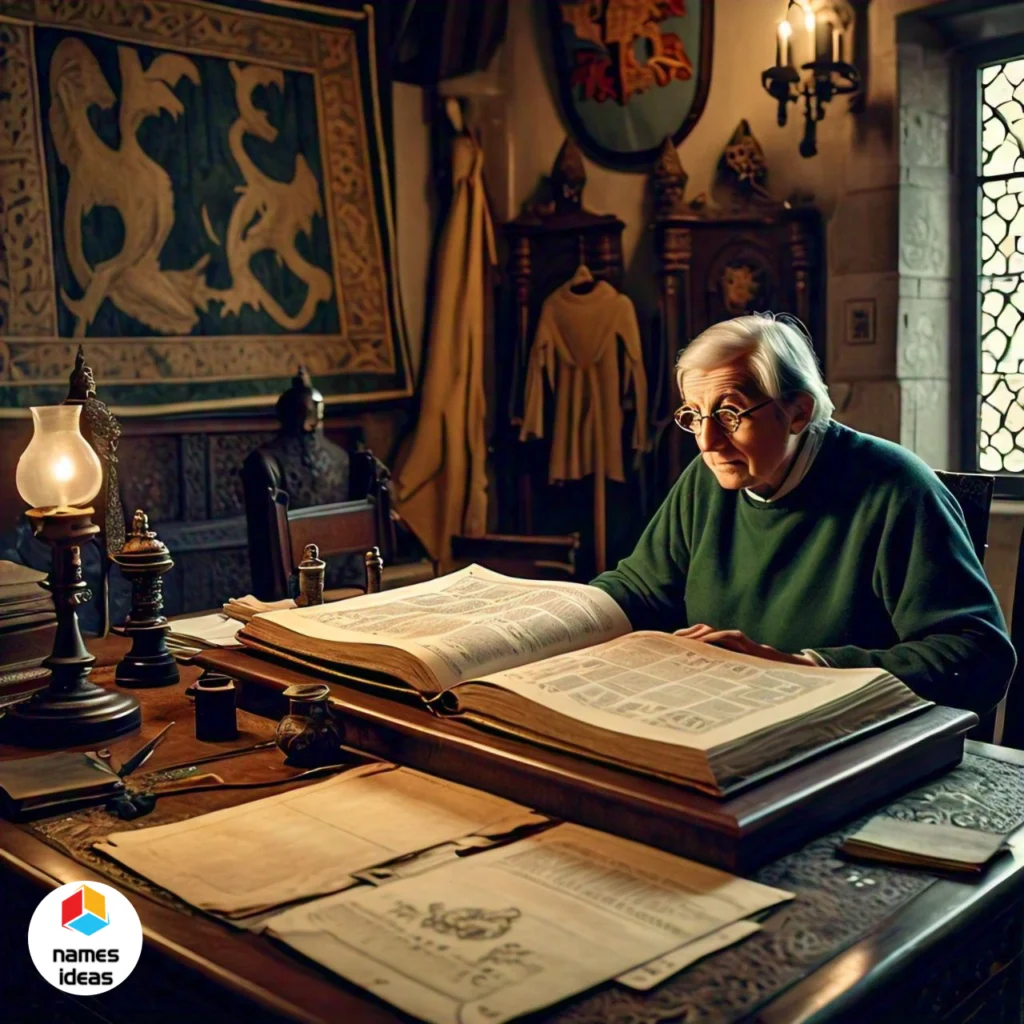
Famous Historical Figures and Their Medieval Last Names
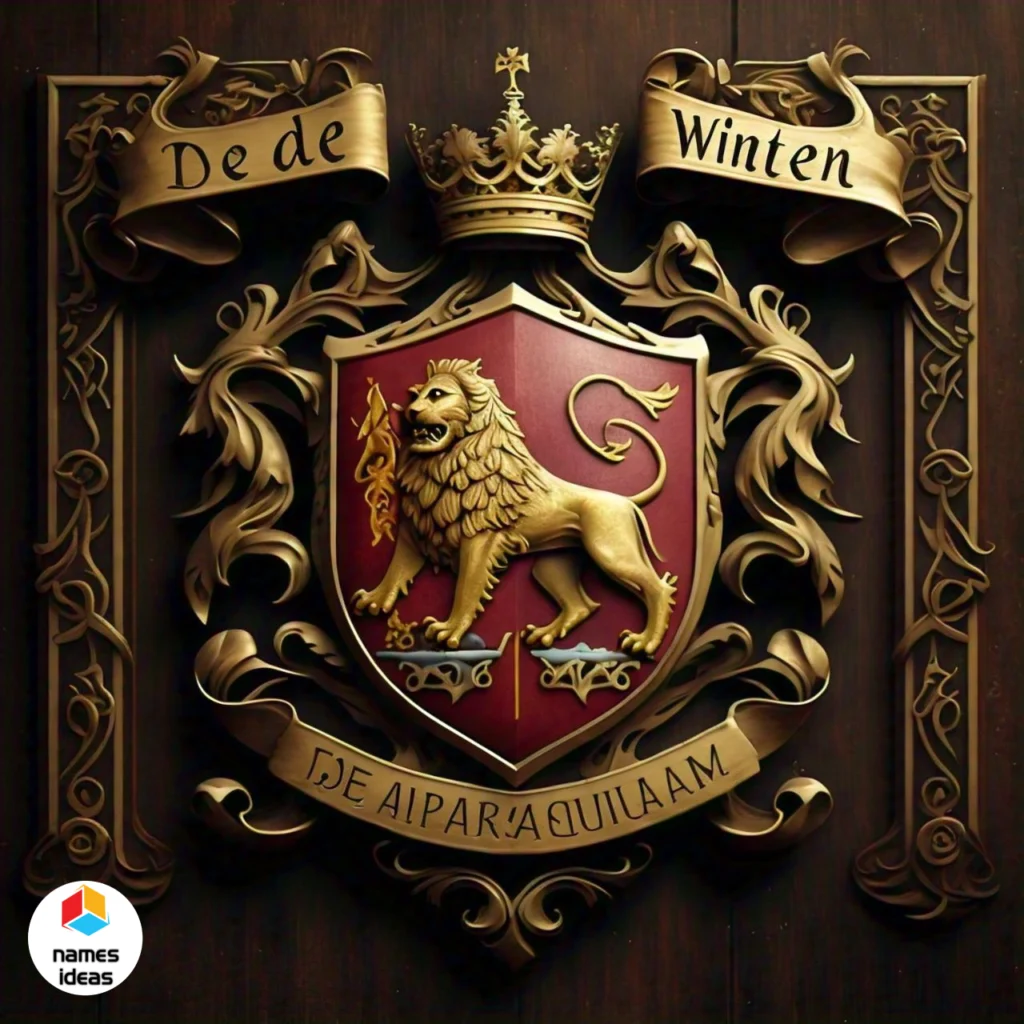
Medieval Last Names on Family Tree Research
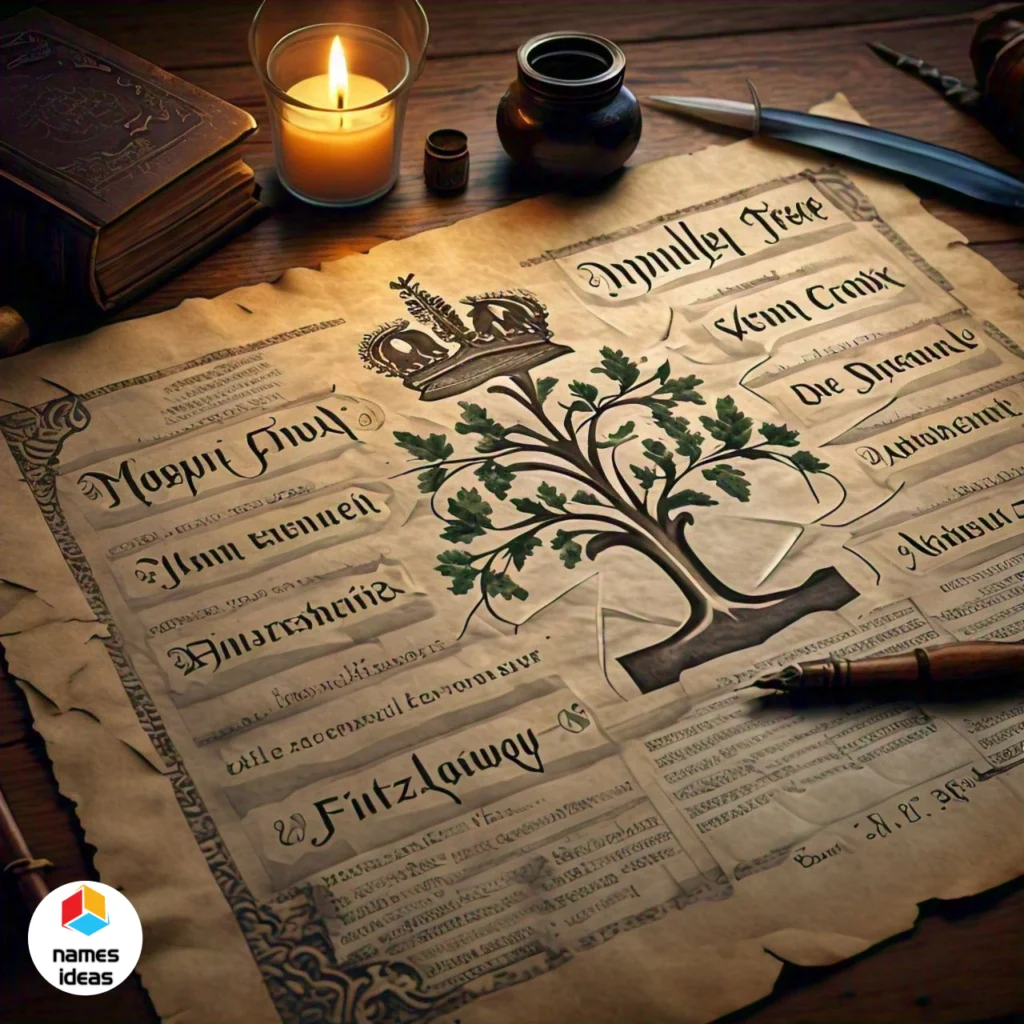
Medieval Last Names in Popular Culture and Media
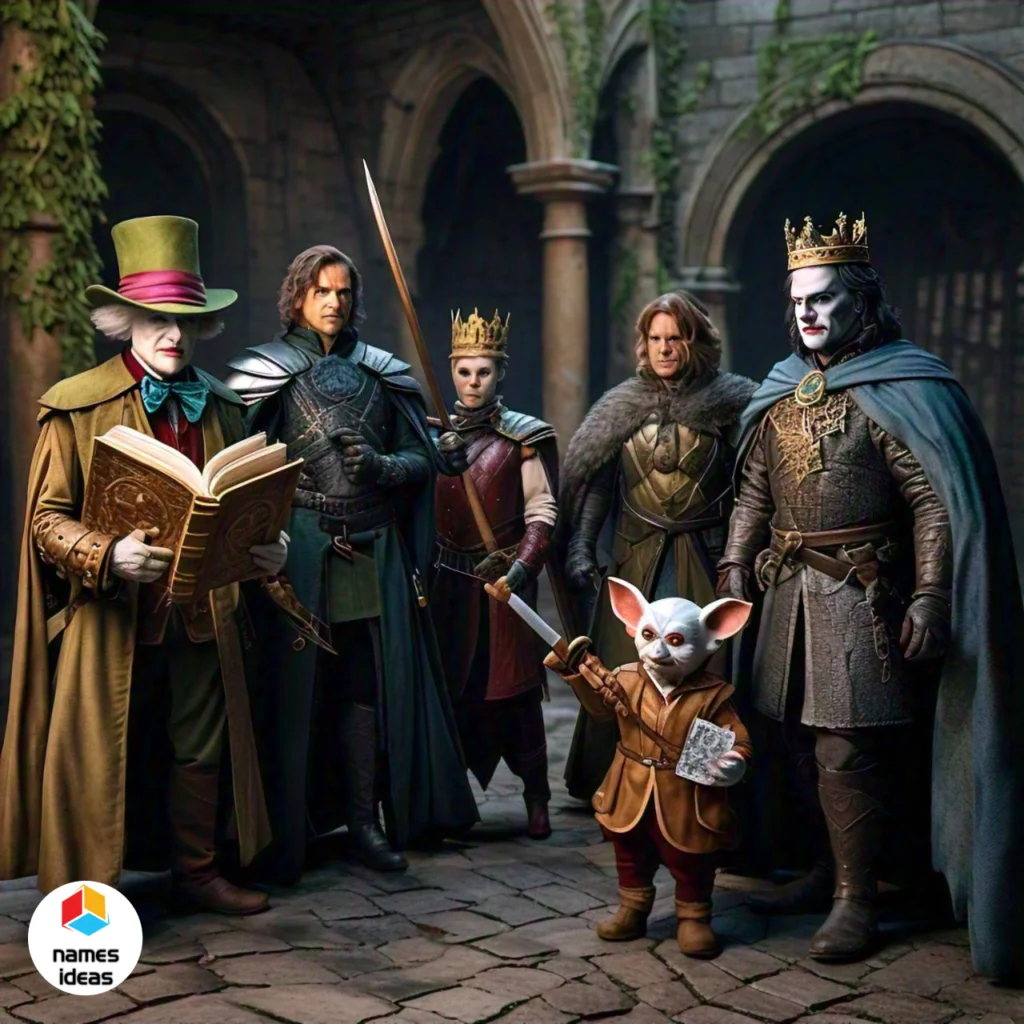
Top Surnames Associated with Medieval Royalty
Historical Surnames from Medieval Scotland and England
Medieval Last Names: Common Surnames with Royal and Noble Origins
Famous Medieval Last Names of Historical Figures
Medieval Last Names: Top Historical Surnames for Genealogy Research
Conclusion
In conclusion, Medieval Last Names offer a rich tapestry of historical and cultural significance that extends into modern genealogy and cultural studies. These surnames not only reflect the social structures and occupational roles of the Middle Ages but also provide valuable insights into the evolution of family names and their impact on contemporary naming practices. By exploring the origins and meanings of medieval surnames, researchers and enthusiasts can uncover fascinating stories about ancestry, social status, and historical heritage, enriching our understanding of both past and present.

